| Singapore | English 中文 |
| Bangladesh | English |
| India | English |
| Indonesia | English Bahasa |
| Malaysia | English 中文 |
| Myanmar | English Burmese |
| Philippines | English |
| Sri Lanka | English |
| UAE | English Arabic |
| Vietnam | English Tiếng Việt |
CME Empowerment Series 2023


Our Continuing Medical Education (CME) Empowerment Series aims to provide effective platforms for medical professionals to acquire, share, and exchange knowledge from clinical experience.
The year's CME presentations bring the latest updates on cancer management and offer insights on our multi-disciplinary approach to the treatment of major and rare cancers to doctors and specialists. New services such as Hyperthermia treatment and their impact on delivering better clinical outcomes for patients would also be covered.
View our key CME sessions for the second half of the year here.
In many parts of the world, there is a growing trend of increasing incidence of colorectal cancer in younger patients. This trend is not fully explained by genetic factors alone. Clinical characteristics, diagnostic/screening challenges and data surrounding association and causation will be discussed.
Stage 3 and high-risk Stage 2 colorectal cancer patients are at an increased risk of relapse after curative intent surgery. Traditionally, these patients are offered adjuvant treatment or perioperative treatment, as in the case of rectal cancers.
Data has emerged that omitting chemotherapy in selected patients with high-risk Stage 2 colon cancer based on ctDNA results is safe. There is also data supporting total neoadjuvant treatment in rectal cancer patients with better outcome and less toxicities. For the minority of patients with tumours that have microsatellite instability, they may benefit from neoadjuvant immunotherapy with impressive results.
We will also discuss on colonoscopy and its state of the art – the role of AI and other techniques to enhance accuracy and efficiency.
Speakers
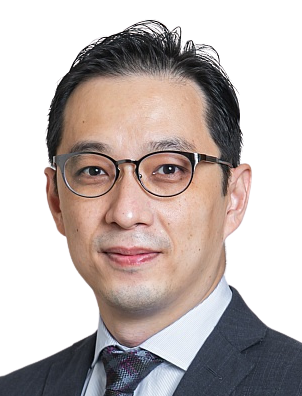
Senior Consultant
Medical Oncology
Parkway Cancer Centre

Senior Consultant
Colorectal Surgeon
Colorectal Practice
In Singapore, skin cancer is the sixth most common cancer in males and seventh most common cancer in females. Although this condition is still more prevalent in the elderly, there has been a steady increase in skin cancer among those under the age of 65 years old.
Skin cancers can present as a mole, growth, bump, sore, or reddish patch that persists for weeks. It may be mistaken for more common skin conditions like innocuous pimples, scars, pigmentation or sores. Recognising these lesions is key to making the right diagnosis.
In this forum, we will discuss the key aspects of common skin cancers: what to look out for, what not to miss, along with the diagnosis and management of skin cancers that is relevant for the general practitioner.
Speakers
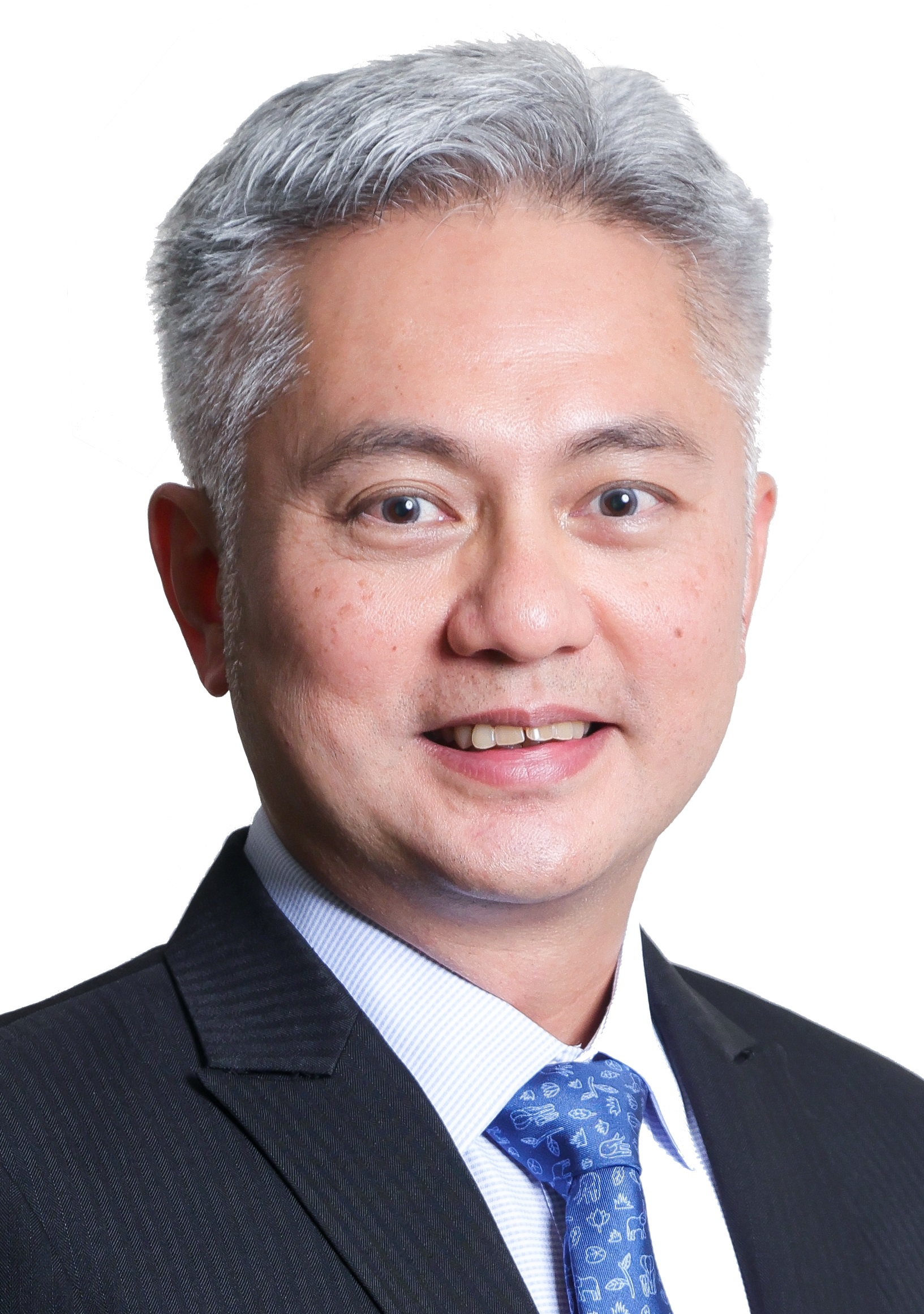
Senior Consultant
Medical Oncology
Parkway Cancer Centre

Consultant Dermatologist
The Skin Specialists & Laser Clinic
Lung cancer is the 3rd most common cancer in males and females In Singapore. Lung cancer is also the leading cause of cancer mortality in Singapore. In this session, we’ll understand the role of lung cancer screening and also learn to recognise the signs and symptoms of lung cancer and how to diagnose lung cancer. We’ll also discuss the various treatment modalities used in the management of lung cancer.
Speakers

Senior Consultant
Medical Oncology
Parkway Cancer Centre

Respiratory Physician
The Respiratory Practice
Chimeric Antigen Receptor (CAR) T-cell Therapy has revolutionised the treatment approach for haematological malignancy especially in aggressive B-cell lymphoma, myeloma as well as B-cell acute lymphoblastic leukaemia (B-ALL). The treatment approach utilises patient’s own genetically modified T-cells to guide the body’s immune system to kill cancerous cells.
CAR T-cell Therapy is currently available commercially in Singapore, used in third line setting for relapsed refractory aggressive B-cell lymphoma as well as B-ALL. This approach offers renewed hope for refractory patients who have limited treatment options.
Despite favourable outcomes, some patients who had been heavily pre-treated may not fully benefit from this highly effective treatment due to a variety of reasons.
In this forum, we will share the data in the approved third line setting and its limitations, as well as discuss the use of early CAR T-cell Therapy in aggressive B-cell lymphoma and who may benefit from it when it is approved as second line treatment in Singapore.
Speaker
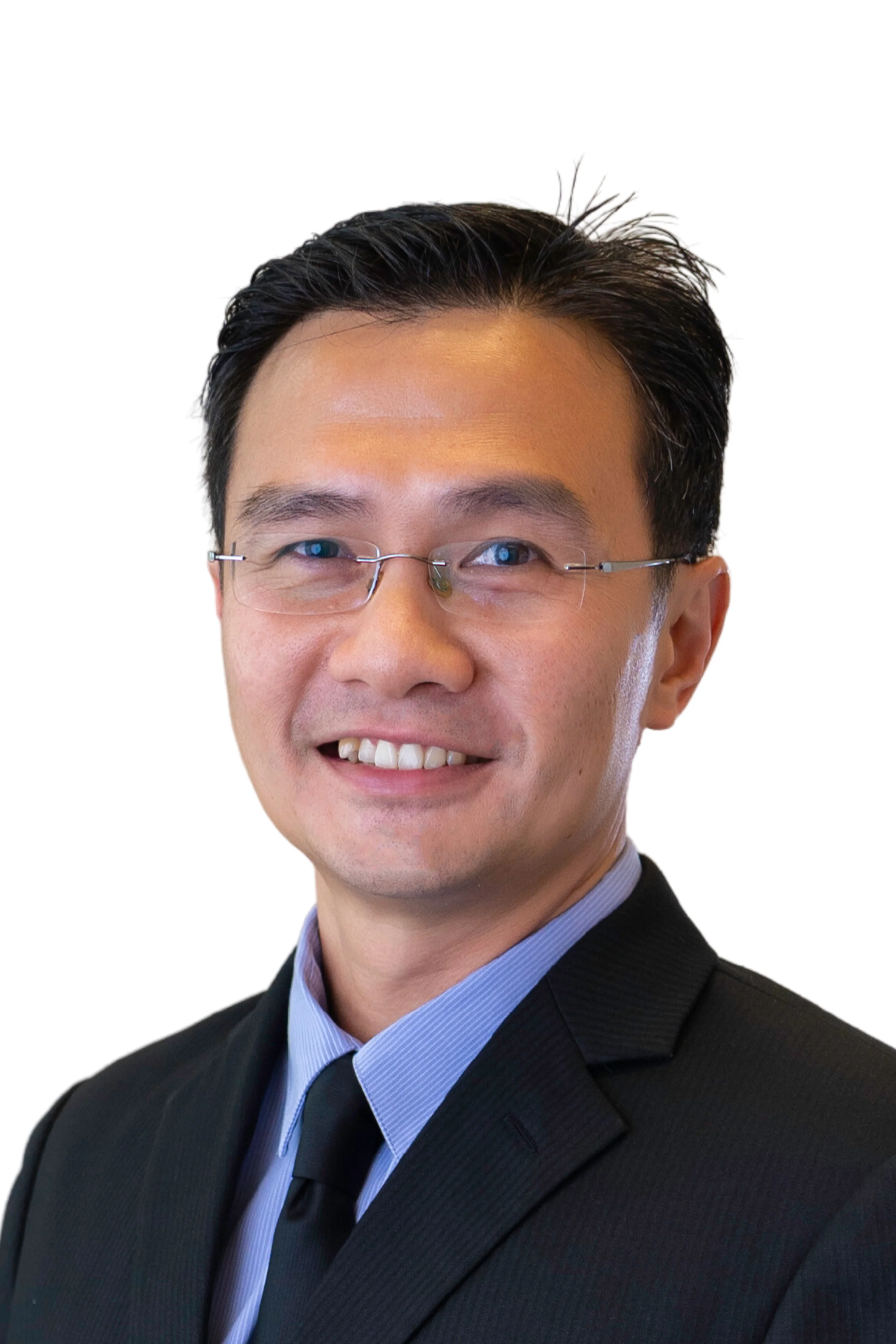
Senior Consultant
Haematology
Parkway Cancer Centre
Currently, there is no standard of care in the adjuvant setting for hepatocellular carcinoma (HCC) following resection or ablation with curative intent.
The risk of postoperative recurrence is high, with a reported 63% recurrence rate at 5 years. This rate is even higher in patients with high-risk features (e.g. large tumour size, multiple tumours, poor tumour differentiation, or vascular invasion).
Combination treatment using checkpoint inhibitor (Atezolizumab) and antiangiogenic antibody (Bevacizumab) is a current standard of care for first-line unresectable HCC. A recent study, IMbrave050 reported positive outcome with similar combination in patients with hepatocellular carcinoma at high risk of disease recurrence following resection or ablation.
Speaker

Senior Consultant
Medical Oncology
Parkway Cancer Centre
Prostate cancer is the second most common cancer in Singaporean men and there has been an increasing incidence of prostate cancer over the last few decades.
In this forum, we’ll be learning to recognise and diagnose prostate cancer as well as understanding the management of prostate cancer.
We’ll also be discussing case based scenarios on the management of side effects of commonly used agents in metastatic prostate cancer that is relevant for the general practitioner.
Speakers

Senior Consultant
Medical Oncology
Parkway Cancer Centre

Senior Consultant
Urologist
Mount Elizabeth Hospital
Moderate hyperthermia is a potent radiosensitizer and the effectiveness has been proven in randomized trials for several tumour sites. In clinical hyperthermia, the tumour is heated to between 39 to 43 degrees Celsius for an hour to enhance the effect of radiation therapy. An increased response rate of 15% to 20% has been demonstrated for melanoma, cervix, recurrent breast, rectum, bladder and head & neck tumours.
Hyperthermia is applied once or twice a week, before or after a radiation therapy session. The time interval between the radiation therapy session and the hyperthermia treatment should be as short as possible to maximize the tumour control effect and is usually delivered by a radiofrequency or microwave device.
Mount Elizabeth (Orchard) Radiation Centre would be the first Centre in Singapore to offer hyperthermia service. The concept of hyperthermia, the tumours benefitting from hyperthermia treatment and the devices used would be presented to familiarised our partners with this new service.
Speaker
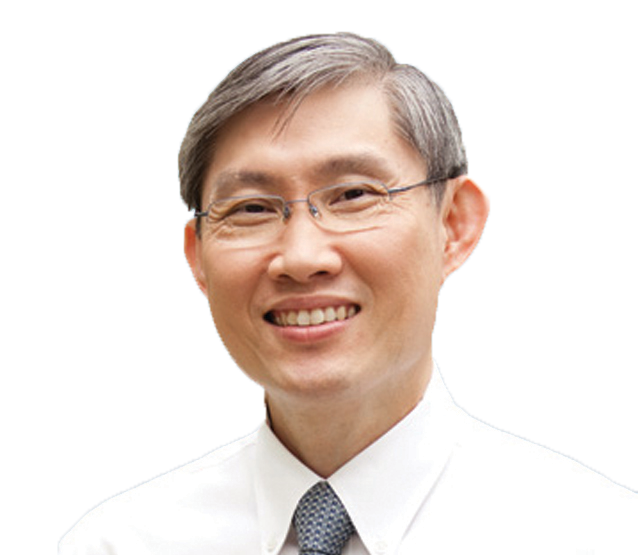
Senior Consultant
Radiation Oncology
Parkway Cancer Centre
Myeloproliferative neoplasms (MPNs) are chronic myeloid haematological disorders with expansion of mature myeloid cells in the bone marrow and blood.
There are four main subtypes: Essential Thrombocytosis, Polycythemia Vera, Myelofibrosis and Chronic Myeloid Leukemia. Patients with MPNs usually present to primary care physicians or other physicians with various signs and symptoms which are not specific to hematological conditions. These conditions, when left undiagnosed and untreated, can result in life-threatening complications.
Join Dr Dawn Mya as she discusses on the various clinical presentation of patients with MPNs and the diagnosis and management of MPNs.
Speaker

Senior Consultant
Haematology
Parkway Cancer Centre
In recent years, the incidence of gastroesophageal junction (GEJ) adenocarcinoma has increased significantly in many parts of the world. Common risk factors include high body mass index, Barrett’s oesophagus and alcohol excess.
Surgery is the primary curative modality for GEJ adenocarcinoma. However, the long-term outcomes for surgery alone is poor even after a complete resection.
In this CME, we will share how multimodality treatment is the new standard of care and present the recent advances in surgical approaches and neoadjuvant / adjuvant treatment.
Speakers

Senior Consultant
Medical Oncology
Parkway Cancer Centre
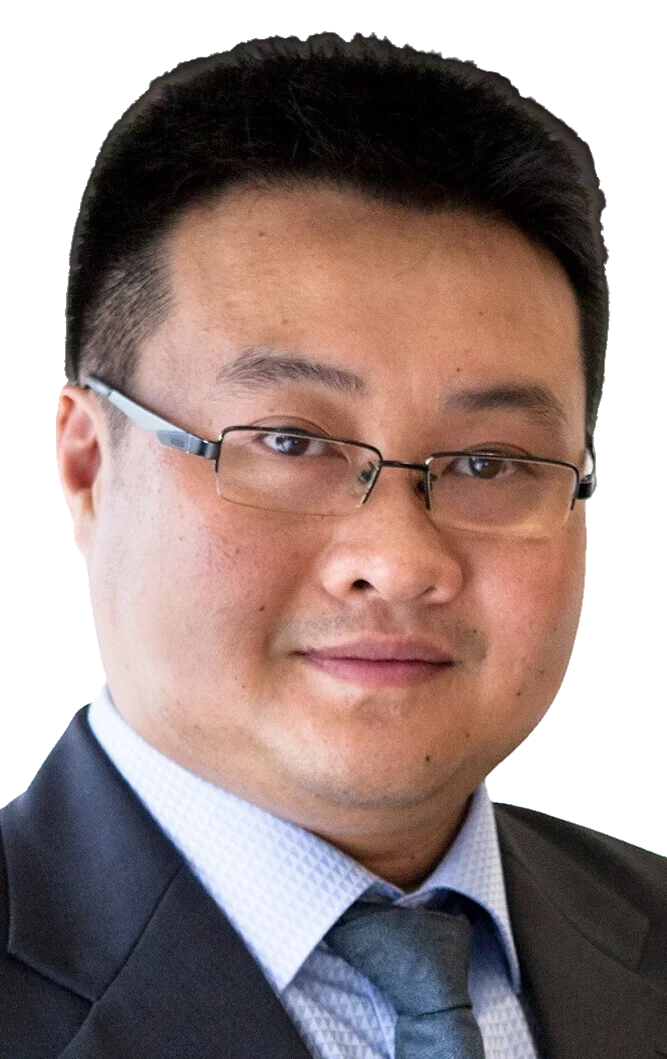
Dr Tan Chun Hai
Senior Consultant
Upper GI and General Surgeon
Surgicare Bariatric and General Surgery
Hepatocellular carcinoma is the 6th most common cancer worldwide and the 4th most common cancer causing death worldwide.
75% of patients are already in the advanced stage when they are first diagnosed. The prognosis is extremely poor with 5 year survival rate of 3-5%.
The main challenge in treating advanced Hepatocellular carcinoma is underlying liver cirrhosis with deranged liver function and portal hypertension.
Join our multi-disciplinary team discussion as we discuss about the treatment modalities which include surgery, liver transplantation, trans-arterial chemoembolization, trans-arterial radioembolization, chemotherapy, targeted therapy and immunotherapy.
We will also share on the latest treatment drugs that have been proven useful for the first line treatment of inoperable hepatocellular carcinoma.
Speakers
.png?sfvrsn=946245fc_2)
Senior Consultant
Medical Oncology
Parkway Cancer Centre

Senior Consultant
General Surgeon
Mount Elizabeth Novena Hospital
Learn About Cancer
Cancer Support
© 2025 Parkway Cancer Centre
